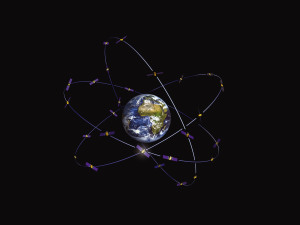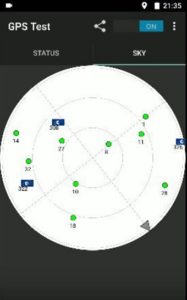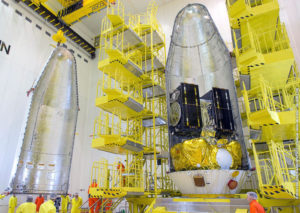The Galileo name first appeared in the Communication of the Commission from February 1999. Since then, the programme has been on its way towards full operational capacity. Eighteen satellites are already in orbit and a further 12 will be launched by 2020. The Financing Decisions for the programme were taken by the European Council in the early 2000s.
The definition phase, development, and In-Orbit Validation phase of the Galileo Programme were carried out by the European Space Agency (ESA) and co-funded by the ESA and the EU.
The Full Operational Capability phase of the Galileo Programme is fully funded by the EU and managed by the European Commission. The Commission and the ESA have signed a delegation agreement by which ESA acts as the design and procurement agent on behalf of the Commission.





